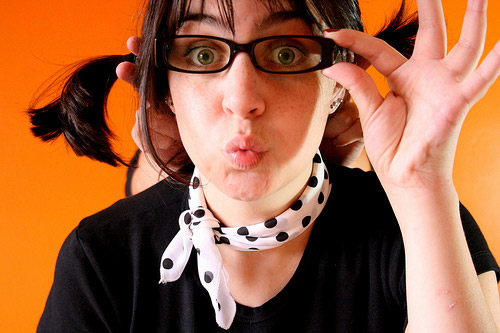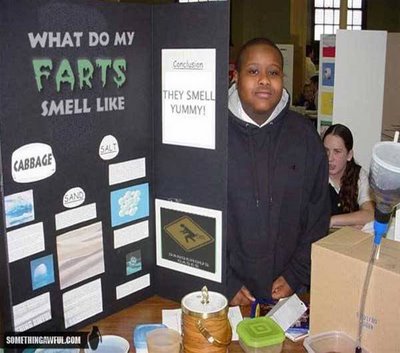
In response to my post Power of Realistic vs Power of Positive Thinking, H Lee D (aka Heather) left the comment that she’s always spoken about her cancer in the past tense. She said “I had cancer” even before she was cancer free. This kind of language isn’t for me and isn’t found in my book Everything Changes. I’ve never been in remission and pretending to be is medically inaccurate and too far from the emotional reality of my life. Plus, I’ve never seen scientific evidence that our minds or our language can change the biomachanics of our tumors.
But Heather is one smart cookie, who has left dozens of insightful comments on my blog and sparked incredible conversations. So I wanted to better understand why she speaks in the past tense and asked her to write this guest post:
“I had cancer. This is how I spoke of the tumor in my chest, even before my first chemo treatment - in the past tense. My choice of language wasn’t denial — I was completely aware that after two-and-a-half weeks in the hospital, I had just been diagnosed with lymphoma and needed six months of chemo plus radiation.
Almost a year prior, I attended a three-day work training at the K-8 school where I teach. We learned to create visualizations and affirmations, and how and why they are effective. A piece of the training I used through cancer (and in other parts of my daily life) was putting myself where I wanted to be. Act as if it is so. Fake it til you make it: I had cancer.
My first clean PET scan was two months after my first treatment — earlier than medically anticipated. I believe my use of language, affirmations, visualizations all influenced my clean PET scan, but I certainly don’t give them full credit.
This is the basic premise: Your brain likes things to match. For example, if you believe you are clumsy, your brain helps ensure you trip over nothing, so that you are clumsy. Then your belief and your reality match. If you can convince your brain of something you want but currently aren’t, your brain will do what it needs to do to make everything match. It’s important to choose something you can visualize. For example, I can’t imagine myself running a 4-minute mile, so visualizing it would be futile. But I can imagine myself running a 10-minute mile, so I start there.
I alerted close friends and family that I was planning to speak in the past tense about my cancer hoping that they’d think me slightly less insane. No one said anything to me at the time, but their body language and confessions later revealed that they thought I was nuts.
When I called my mother-in-law to share the good news about my first clean scan, she said, “Well, you were right. I thought you were crazy, but you were right.” The oncology counselor at the hospital told me later that she thought I was in denial but had since come to realize that I just had a different outlook than most.”
How do you speak about your cancer? Have you ever used the past tense and if so when did you start? Do you believe language has the power to change biological processes?
Heather is a 34-year-old teacher, wife, friend, dog-mom, dancer, musician, triathlete, dreamer, personal trainer, not necessarily in that order. Check out her health and fitness blog change-is-possible.net
![]()
![]()


 “Everything Changes is, without doubt, the most forthright, emotionally sophisticated, and plain-old valuable book of its kind I've seen.”
“Everything Changes is, without doubt, the most forthright, emotionally sophisticated, and plain-old valuable book of its kind I've seen.”












